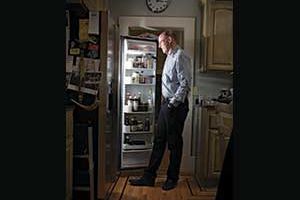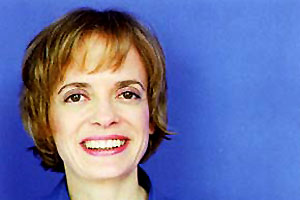
Pieter Van Hattem / Vistalux
For a special section in our May/June issue, we asked some of our favorite writers about their favorite nonfiction books. Here are novelist and journalist Jennifer Egan’s answers:
Mother Jones: Which nonfiction book do you foist upon all of your friends and relatives? Why?
Jennifer Egan: The nonfiction book I recommend to anyone who will listen is The Image: A Guide to Pseudo-Events in America, by Daniel Boorstin. This book, published in 1961, is spectacularly prescient on the implications of image culture. Boorstin sees it all: the ever greater hunger for “reality” that arises from the increasing mediation of experience, and the corresponding feats of mediation (eg. reality TV) that attempt to satisfy that hunger while actually sharpening it. In a book that was published even before the televising of the Vietnam War, much less blogging, Boorstin’s ability to forsee all of it, conceptually, is staggering.
MJ: Which nonfiction book have you reread the most times? What’s so good about it?
JE: Same one. What’s so good is that every time I return to The Image, media saturation of everyday life has intensified and metamorphosed into bizarre new shapes. And every time, Boorstin gives me a framework through which to consider and understand it. Last time I read The Image, YouTube and Twitter hadn’t happened yet, so I think it may be time for another look.
MJ: Is there a nonfiction book that someone recommended to you when were a kid that has left a lasting impression? Who recommended it, and why was it so special?
JE: We had lots of reference books at home that my parents had ordered through LIFE magazine. They urged me to read them when I had questions. One of these books, about Louis Leakey and his discoveries in Olduvai Gorge, in Kenya, made a huge impression on me. I read it again and again, and was swept up in what I imagined as the romance of archeology. For a long time—until I got to college—I was convinced I would be an archeologist, mostly because of the impact of that book. Of course, what I’d hoped to get out of archeology—the chance to dig into people’s lives and reconstruct them imaginatively—is what I do now as a fiction writer and a journalist.












